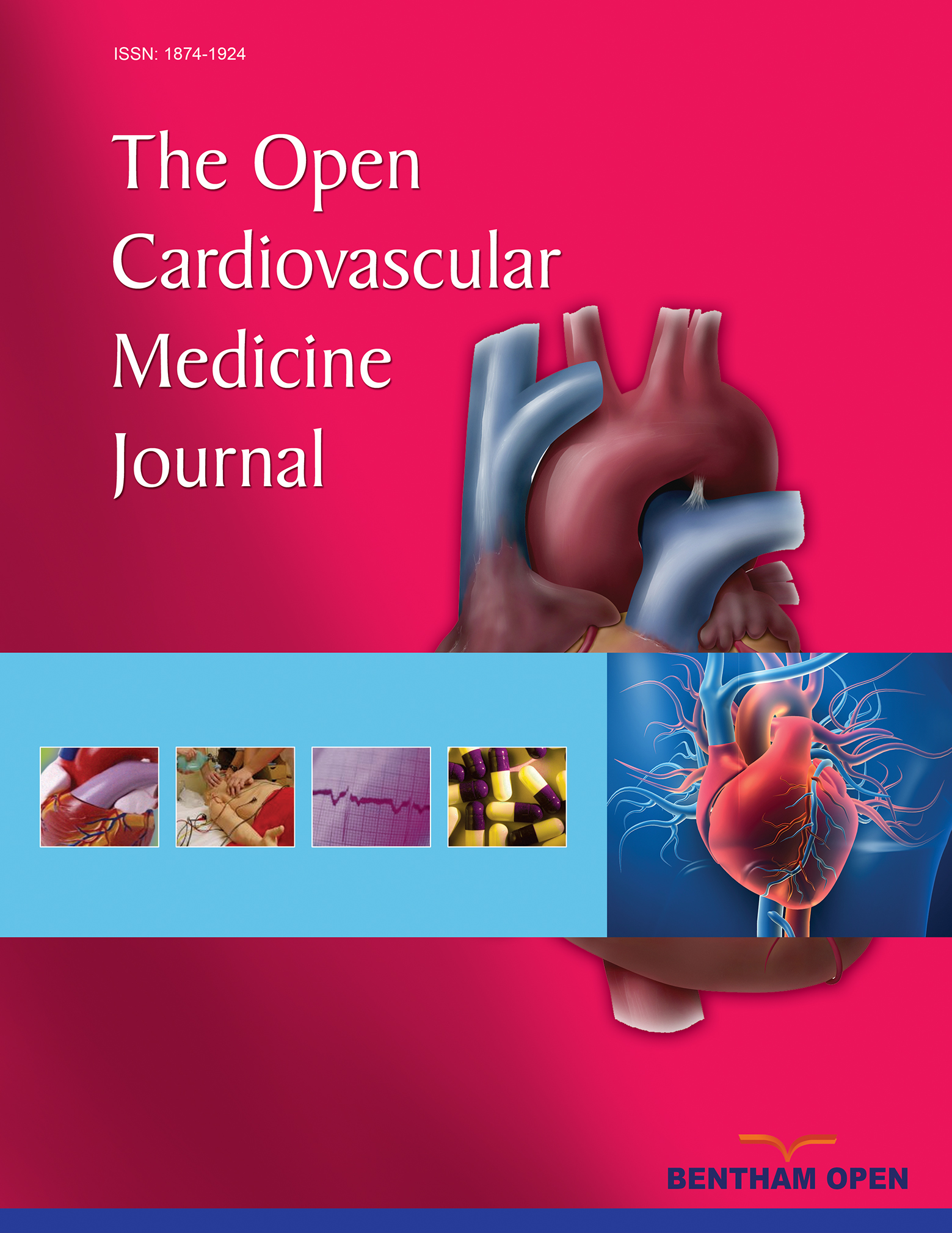All published articles of this journal are available on ScienceDirect.
Effect of Age on Clinical Presentation and Outcome of Patients Hospitalized with Acute Coronary Syndrome: A 20-Year Registry in a Middle Eastern Country
Abstract
Introduction:
Despite the fact that the elderly constitute an increasingly important group of patients with acute coronary syndrome (ACS), they are often excluded from clinical trials and are underrepresented in clinical registries.
Aims:
To evaluate the impact of age in patients hospitalized with ACS.
Methods:
Data collected for all patients presenting with ACS (n=16,744) who were admitted in Qatar during the period (1991-2010) and were analyzed according to age into 3 groups (≤50 years [41.4%], 51-70 years [48.7%] and >70 years [9.8%]).
Results:
Older patients were more likely to be women and have hypertension, diabetes mellitus, and renal failure, while younger patients were more likely to be smokers. Non-ST-elevation myocardial infarction and heart failure were more prevalent in older patients. Older age was associated with undertreatment with evidence-based therapies and had higher mortality rate. Age was independent predictor for mortality. Over the study period, the relative reduction in mortality rates was higher in the younger compared with the older patients (61, 45.9 and 35.5%).
Conclusions:
Despite being a higher-risk group, older patients were undertreated with evidence based therapy and had worse short-term outcome. Guidelines adherence and improvement in hospital care for elderly patients with ACS may potentially reduce morbidity and mortality.


